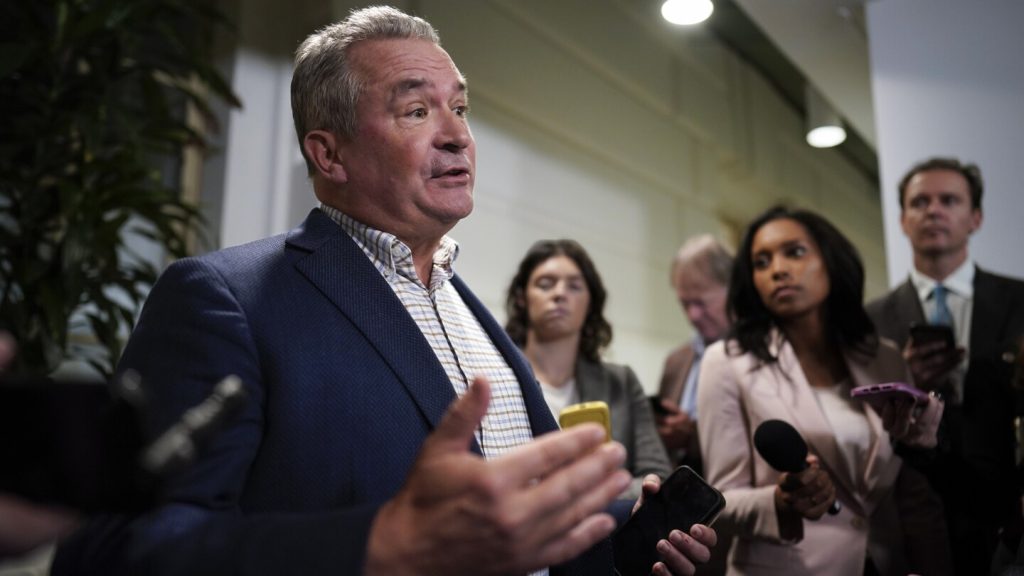Republican Don Bacon has been elected to a fifth House term representing Nebraska’s 2nd District, defeating Democratic state Sen. Tony Vargas in a closely contested race that took nearly three days to finalize. Bacon’s victory comes as Republicans project confidence in maintaining control of the U.S. House, while Democrats still hold onto hope for a potential path to the majority. Bacon expressed gratitude to split-ticket voters for his win, acknowledging the district’s political split. Vargas initially hesitated to concede the race pending the counting of 15,000 ballots in Douglas County, but ultimately accepted defeat after the results slightly favored him without closing the gap.
Vargas, in his concession statement, highlighted his commitment to working families and uniting the community, promising to continue advocating for parents, seniors, and students. Despite hopes of benefiting from the district’s support for Vice President Kamala Harris and Tim Walz, a Nebraska native, Vargas was unable to secure a victory. Nebraska’s 2nd District is known for its ability to split Electoral College votes, having previously awarded its vote to Democratic presidential candidates in 2008 and 2020. Both Bacon and Vargas campaigned to appeal to the district’s independent and third-party voters, distancing themselves from partisan fringes and emphasizing their bipartisan credentials.
The election process in Douglas County faced challenges with nearly 6,800 early ballots and additional unread ballots due to various reasons such as using the wrong color ink or coffee spills. Election Commissioner Brian Kruse expected to complete counting all remaining ballots, including over 5,500 provisional ballots, by November 18. The certification of the vote is scheduled for November 21. Bacon’s victory in a typically left-leaning district can be attributed to his strategic approach of balancing bipartisan initiatives with conservative stances, such as support for Israel and opposition to certain border security measures. Both candidates engaged in a competitive campaign, recognizing the district’s shifting political landscape.
Nebraska’s unique electoral system, allowing for the splitting of Electoral College votes, added complexity to the race in the 2nd District. Despite Democratic victories in previous presidential elections, Republican control at the state level has influenced the district’s political dynamics. Bacon’s ability to appeal to moderate voters while maintaining conservative principles played a pivotal role in securing his fifth term in the House. The closely watched race reflects national trends of political polarization and the importance of candidate messaging tailored to specific constituencies. As Republicans celebrate victories in several key races, Democrats continue to strategize for future elections and navigate the changing political landscape.
The significance of the Nebraska 2nd District race extends beyond local politics, reflecting broader themes of party politics and voter preferences. The final results, despite a close margin, underscore the impact of strategic campaigning, voter turnout, and messaging on electoral outcomes. With the certification of the vote imminent, both Bacon and Vargas have an opportunity to reflect on the campaign and engage with constituents moving forward. The attention garnered by this race highlights the competitive nature of modern politics and the challenges faced by candidates seeking to navigate diverse political landscapes. As the dust settles on this election, the focus shifts to future contests and the evolving dynamics of representation in Nebraska’s 2nd District.


